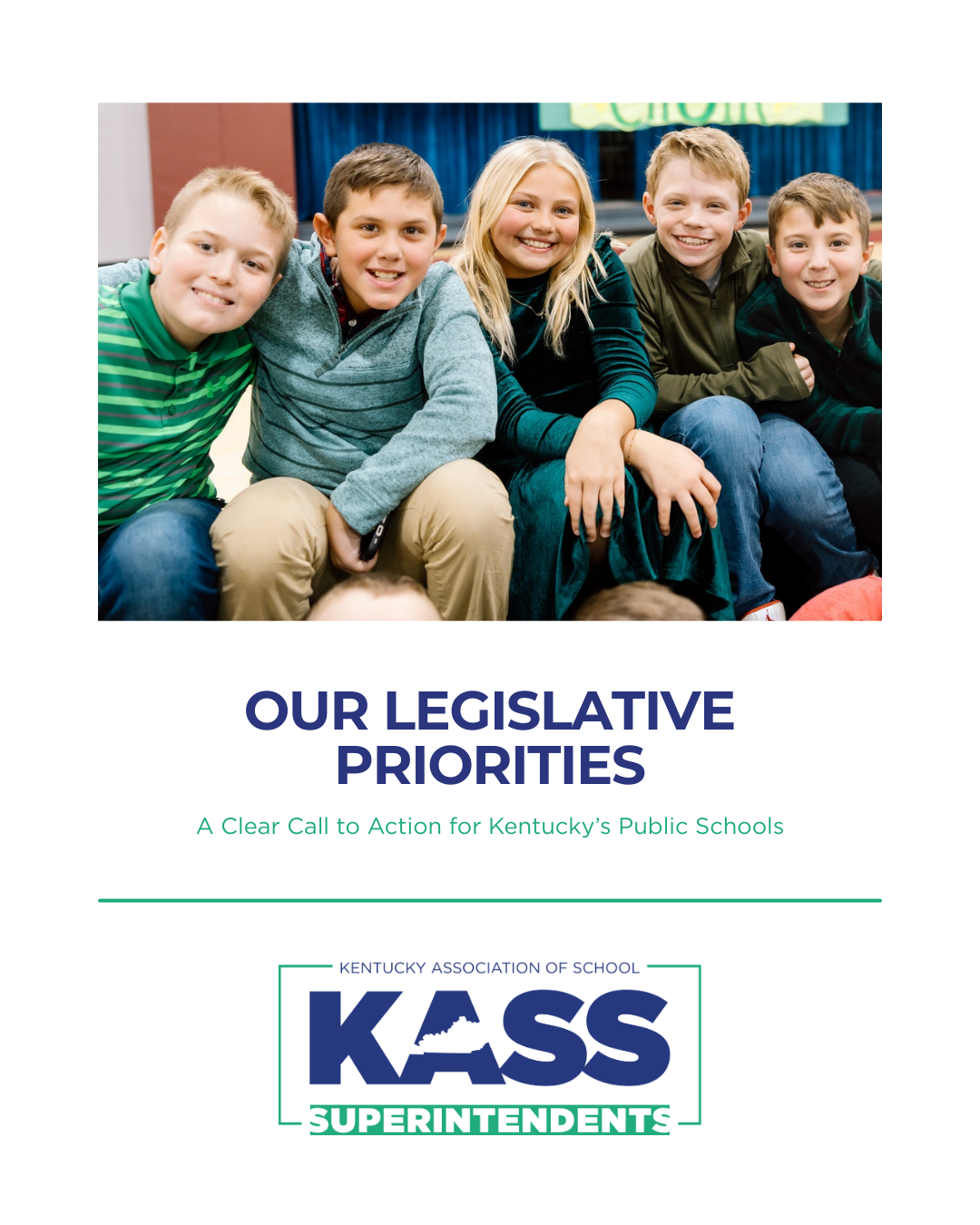January 15, 2026
Kentucky’s public schools are entering a pivotal moment. As the General Assembly begins its work in the 2026 legislative session, decisions made in Frankfort will shape the future of teaching, learning, and opportunity across the Commonwealth. As superintendents responsible for educating more than 600,000 students across Kentucky, we believe this moment requires clarity, collaboration, and an unwavering commitment to putting Kids First. Public education thrives when policy reflects both statewide goals and local realities. This session, three legislative priorities rise above all others as essential to student success: a modern accountability system focused on continuous improvement, a sustainable educator workforce pipeline, and fully funded SEEK. These priorities are not theoretical. They directly impact classrooms, communities, and the future of Kentucky’s workforce. Accountability with Purpose Kentucky has an opportunity to lead with an accountability system that reflects what communities value most. Through the Kentucky United We Learn initiative, educators, families, and education leaders have come together to design a framework focused on continuous improvement, local voice, and shared responsibility. This collaborative work emphasizes growth, relevance, and trust rather than compliance alone. The United We Learn framework recognizes that meaningful accountability must balance statewide expectations with locally identified measures of success, allowing communities to define what success looks like while remaining aligned to statewide goals. When communities see themselves reflected in accountability, engagement increases and outcomes improve. KASS continues to support implementation efforts that ensure accountability remains transparent, student-centered, and responsive to community needs. Learn more about the framework through the Kentucky Department of Education’s United We Learn initiative. Building and Sustaining the Educator Workforce Educators are the foundation of Kentucky’s public schools. Teachers, principals, and superintendents shape learning environments where students are supported academically and socially. Yet recruitment and retention challenges threaten the stability of this foundation. Building a strong workforce pipeline requires a long-term approach. Competitive compensation, flexible certification pathways, job-embedded professional learning, and meaningful induction supports all play a role, along with the flexibility for local districts to recruit, support, and retain educators in ways that reflect their unique community contexts. KASS supports continued work with the Education Professional Standards Board to broaden pathways into the profession and ensure talented educators can meet student needs in diverse settings. When we invest in people, we invest directly in students. Strengthening the educator pipeline is not simply a workforce issue. It is one of the most direct student success strategies available to policymakers. Sustaining and Strengthening SEEK Funding Equitable funding remains central to educational opportunity. The Support Education Excellence in Kentucky (SEEK) formula is the Commonwealth’s primary tool for ensuring students have access to comparable educational opportunities regardless of zip code. Over time, inflation has eroded SEEK’s purchasing power, placing additional strain on local districts. Restoring SEEK to its inflation-adjusted 2008 level, fully funding add-ons, and providing long-term predictability are essential steps toward fiscal stability and toward meeting the Commonwealth’s long-term responsibility to provide an efficient system of public education. Adequate funding allows districts to plan responsibly, support staff, and meet the academic and social-emotional needs of students. Additional information on SEEK and Kentucky’s education funding system is available through the Legislative Research Commission. Progress Through Unified Advocacy Kentucky’s education leaders have seen firsthand the impact of unified advocacy. In recent years, collective KASS efforts have helped secure investments in full-day kindergarten, student transportation, and school safety. These wins demonstrate what is possible when education leaders speak clearly, consistently, and together, and when superintendents engage early, often, and constructively with policymakers. While progress has been made, continued advocacy remains essential. Each legislative session presents new challenges and opportunities, and sustained engagement ensures student needs remain at the center of policy decisions. A Moment That Matters This legislative session represents a defining moment for public education in Kentucky. Lawmakers must hear directly from education leaders about what students need to succeed. Public schools remain the Commonwealth’s greatest engine of opportunity, and bold, sustained investment is critical to their success. The path forward is clear. Together, we must lead with urgency, advocate with unity, and act with purpose. KASS will continue to engage lawmakers, partner agencies, and superintendents throughout the session to advance these priorities with clarity and consistency. Kentucky’s superintendents stand ready to work with policymakers to ensure every decision keeps students at the center and strengthens the future of public education.





